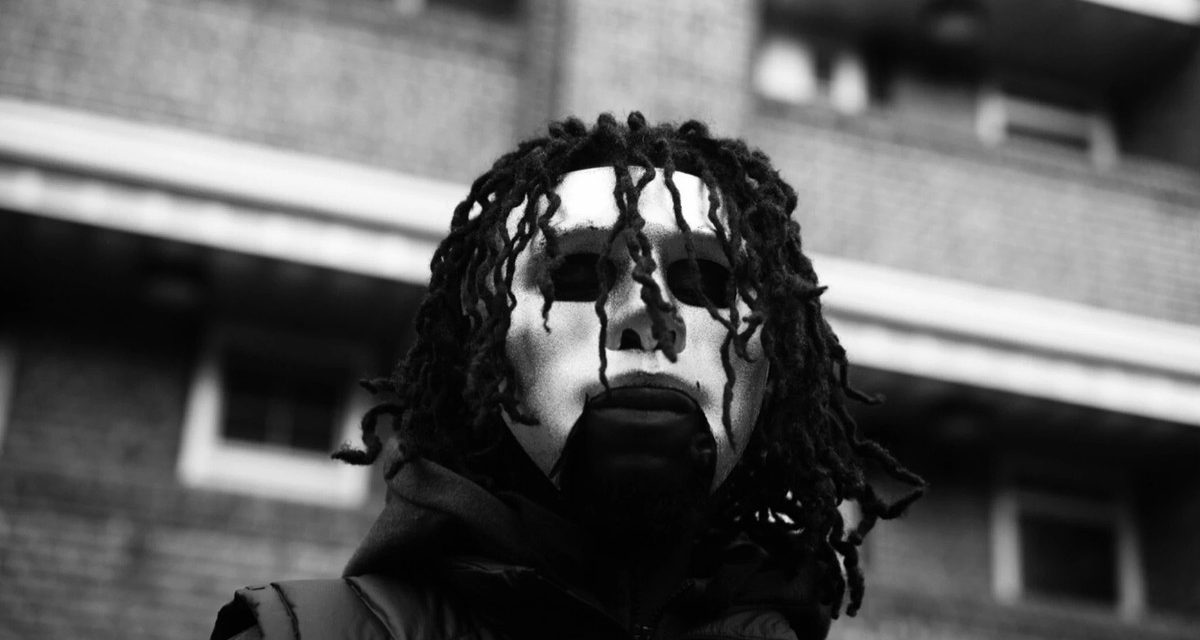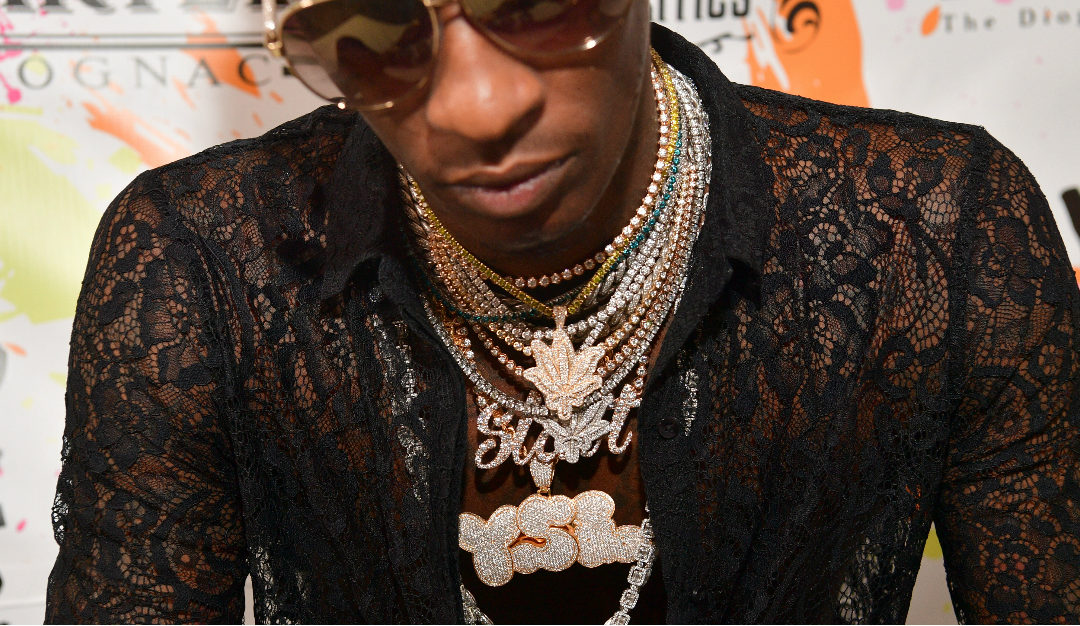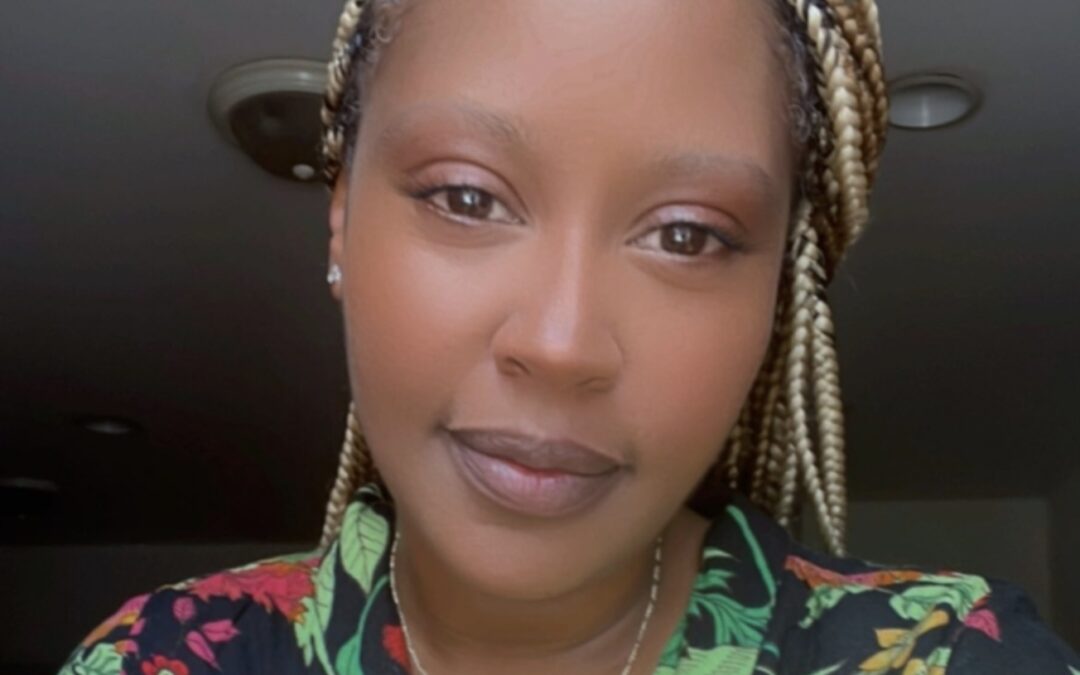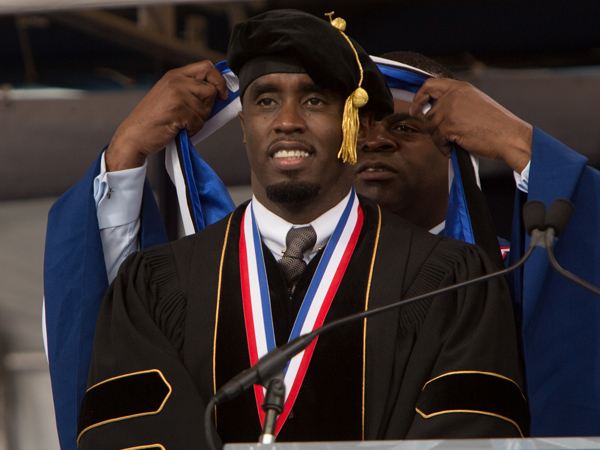The rap and drill music industry in the UK is under the watch of the Metropolitan Police. Before rap and drill music gets uploaded on streaming platforms like YouTube, it has to be vetted by the Metropolitan Police. Subsequently, a lot of Drill Music videos are being removed.
Freedom of Information (FOI) laws data revealed that in 2021, the Metropolitan Police based in London listed about 510 music videos to be removed from YouTube. According to the data, 96.7 percent of the listed music videos were removed.
In 2020, 125 music videos were listed for removal and 124 of them were taken down on YouTube. Whereas in 2019, only 110 referrals were made of which 107 were removed. The number of referrals made has been increasing since 2019.
The Met infers that increased crime could be traced to rap and drill music videos. This is according to the increased figures of referrals made by FOI between 2019 and 2021. Moreso, YouTube has shown collaborative efforts in working with Met to take down videos.
The Met began hunting for drill rappers after Operation Domain was launched in September 2015. In short, Operation Domain is a team in the force responsible for constantly being on the lookout for “videos that incite violence” on YouTube.
The Met began collaborating and partnering with YouTube actively in 2018. However, the number of referrals for music videos removal from YouTube keeps going up since the partnership began.
Is The Music To Blame For The Violence?
A YouTube representative said, “At YouTube, we are deeply committed to helping music of all genres grow and thrive. While YouTube is a platform for free and creative expression, we strictly prohibit videos that are abusive or that promote violence. We work closely with organizations like the Metropolitan Police and National Crime Agency to understand the local context. We’re committed to continuing and improving our work on this issue to make sure YouTube is not a place for those who seek to do harm.”
Two things can be inferred from the prompt removal of music videos from YouTube. First, online activities are under close monitoring, and second, YouTube is actively partnering with the Met.
Domain Operation is now run under the newly introduced initiative called Project Alpha. To sum up, Project Alpha watches a surveillance database close to 34 categories in all social media platforms. The project has received up to £4.8 million funding to date. Up to 1,006 music videos have been added to Project Alpha’s database since 2020.
According to the Met, YouTube has enabled the Project Alpha officers to quickly remove videos considered to be harmful from the platform. Moreover, the following are qualities of Project Alpha officers according to the Met. They
- are street-wise,
- have previous experience of working in gang units, and
- possess “extensive insight into gangs, understand the slang and colloquial language used and can spot emerging threats”.
The Met said, “the Project Alpha team continues to work to understand the reality of the links between online activity and ‘real world’ offline offending” and added that “it does not seek to suppress freedom of expression through any kind of music”.
Is YouTube Doing The Right Thing?
An artist in question has little to nothing to say once the Met refers a music video for removal. This is how it works: The Met will inform the uploader of their decision to refer a video to YouTube for removal via an email. In the email, the Met will state the reasons for their intention. Consequently, the uploader changes the video listing to private.
The email will then be forwarded to YouTube by the force and consequently, YouTube will register a “strike” against the channel. In short, strikes incur some level of limits on the channel. One strike prevents new uploads and live streams for one week. Receiving 2 strikes within the same 90 days period extends the limits to two weeks. Incurring more than 2 strikes within the same period will make YouTube delete the channel automatically. If a channel has established subscribers, a strike to such a channel will be a great threat.
The Met activities have not been well received by several concerned individuals. According to Professor Eithne Quinn, a senior lecturer at Manchester University, and co-founder of the Prosecuting Rap research project, “In the dozens of police reports I’ve seen, I have yet to come across any that really recognize that rap is a creative or enterprising activity, nor that it’s fictional and follows formulas. It’s always the criminological lens and the literal reading.” He added further, “Such a framing is crude but – because of powerful, pre-existing stereotypes – it’s effective.”
Professor Quinn further stated, “Most of the recent cases involving rap evidence are being prosecuted as gang-related. This is a way of sweeping young people on the periphery of violent incidents into charging decisions for the most serious crimes.”
Stay tuned for more Home news!















